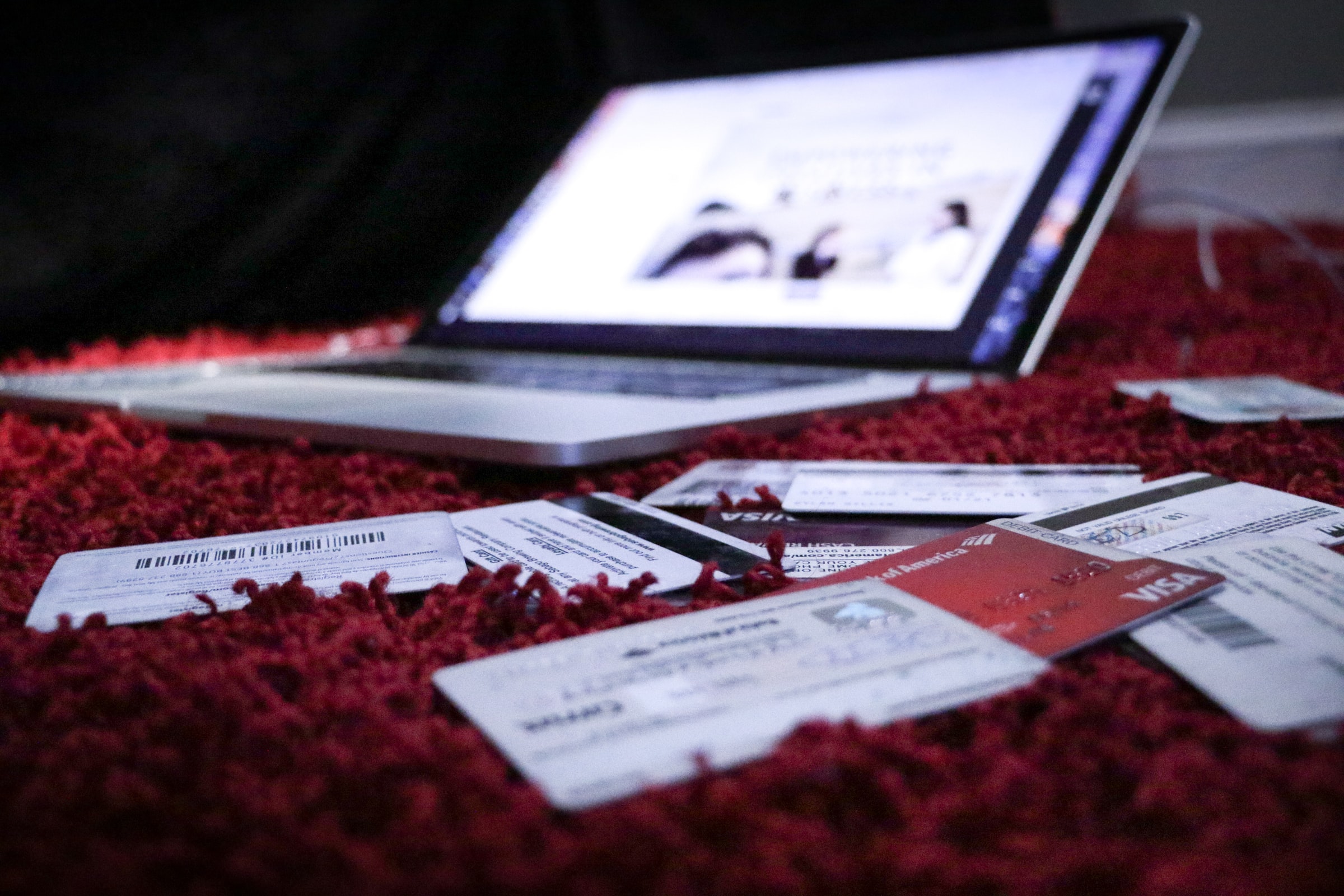
Do you have so many bills to pay that you can’t keep up anymore? Do all of the different due dates cause you to forget to make your payment on time? Debts can affect the way you spend and save so it is important to deal with them as soon as possible.
A way that has helped many people manage their debts is through debt consolidation. You might have heard these words before, but do you know what it is? Read on, we’ll tell you more about it right here.
What is Debt Consolidation?
To put it simply, debt consolidation is combining all of your loans together. This can include credit card debts and any other existing loan products. With all of your debts combined, it means that you have one payment date, and one interest rate to consider. If you have multiple debts, debt consolidation, or refinancing, is an option you may want to consider.
Is it for Me?
Debt consolidation may be a possible option for you if you are making several loan payments regularly. The benefits include:
- Making consistent payments. Since all of your debts are rolled into one, there’s no need to remember different deadlines for different loans.
- Refinancing usually means that there is a timetable and that you’d be able to finish paying off your debts after a certain period. This setup is ideal as it gives you a clear end in sight and allows you to manage your spending.
- You should be saving on interest rates and other changes when you opt to consolidate your debts.
The How-To: Debt Consolidation

The first step to debt consolidation is knowing where you stand financially. This will take some time (and a bit of guts for some people!) to do. It isn’t surprising to know that some people tend to shove debt payments under the rug. Sometimes it can be difficult to be faced with the truth that you are swimming in unpaid loans.
- Sit down and list all current loans or debts you have, including credit cards. Include how much you owe for each one and their interest rates and monthly fees, if any.
- Next, look into your current financial situation. Aside from debts, you may have some obligations you need to fulfill. Look into your income and break them down. Where does a majority of your income go? Do you follow a strict budget or do you go with the flow? Knowing your financial health is crucial, regardless of whether you are in debt or not.
- Now that you have a better idea of your money matters, do you think that debt consolidation is an option? Will you be better off combining all of your debts into one?
Important Things to Know
If you have decided to consolidate your loans, make sure you choose the right plan that will not only fit your lifestyle but will also come out cheaper in the long run.
The role of a consolidated plan is to help you pay off debts easier. Living debt-free is a wonderful feeling and will greatly improve your credit report. Credit reports in good standing will be favourable on your end especially if you intend to take out a large loan for a house, car, or to start up a business. Learn more about credit reports here.
- When you go for a plan, make sure to carefully study the new interest rates and other fees. Compare it with existing payments and see to it that you will be paying less in the long run with a consolidated plan.
- Make sure that the new payment fee is an amount you can afford. Sure, a higher amount means that you’ll have paid off your debt right away but if it’s too much then you’d be in bigger financial trouble.
- If the payment term is too long, you will most likely be paying much much more. Be wary of this.
- Protect your properties and don’t easily use your home or car as security when you apply for a loan. When you are unable to comply with payments, creditors will have no choice but to seize your property and sell it so they can gain their money back.
Get Out of Debt

Avoiding being in this position in the first place is, by far, the best thing you can do. In the past 12 months alone, so many things have happened that turned everyone’s lives upside down. For instance, the coronavirus that swept the nation and the entire world is unprecedented. Many of us were caught with our pants down, leaving a lot to fend for themselves and deal with debt.
Here are some simple tips from JMA Credit that will keep things under control when it comes to your bank account:
- Live within your means. Only spend on things you need, but also set aside some cash for treating yourself from time to time. A fairly easy budgeting technique is the “50-30-20” — 50% of your income goes to expenses such as rent, groceries, utilities, and the like; 30% goes to personal expenses like entertainment; and 20% goes to savings.
- Avoid using your credit card. Using your credit card to shop makes it easy to rack up those bills. You don’t’ feel like you’re spending money until you get a notice from the bank. Shopping in cash makes it easier for you to control your spending. A good rule of thumb is “If you can’t buy it in cash, you can’t afford it.”
- If you do have debts, pay them as soon as possible. Getting rid of unpaid bills is the best thing you can do. Not only are you protecting your credit report, you are also keeping stress at bay. Stress due to financial reasons is extremely common and can affect your physical and mental health. Learn more here.
- Set short term and long term financial goals. When you’re not saving up for something – anything – spending becomes a bad habit.
- Speaking of financial goals, setting up an emergency fund should be a priority. Ideally your emergency fund about 6 months’ worth of your current expenses. This will help you deal with the sudden loss of a job or business closure. Having an emergency fund will also prevent you from taking out a loan.





















